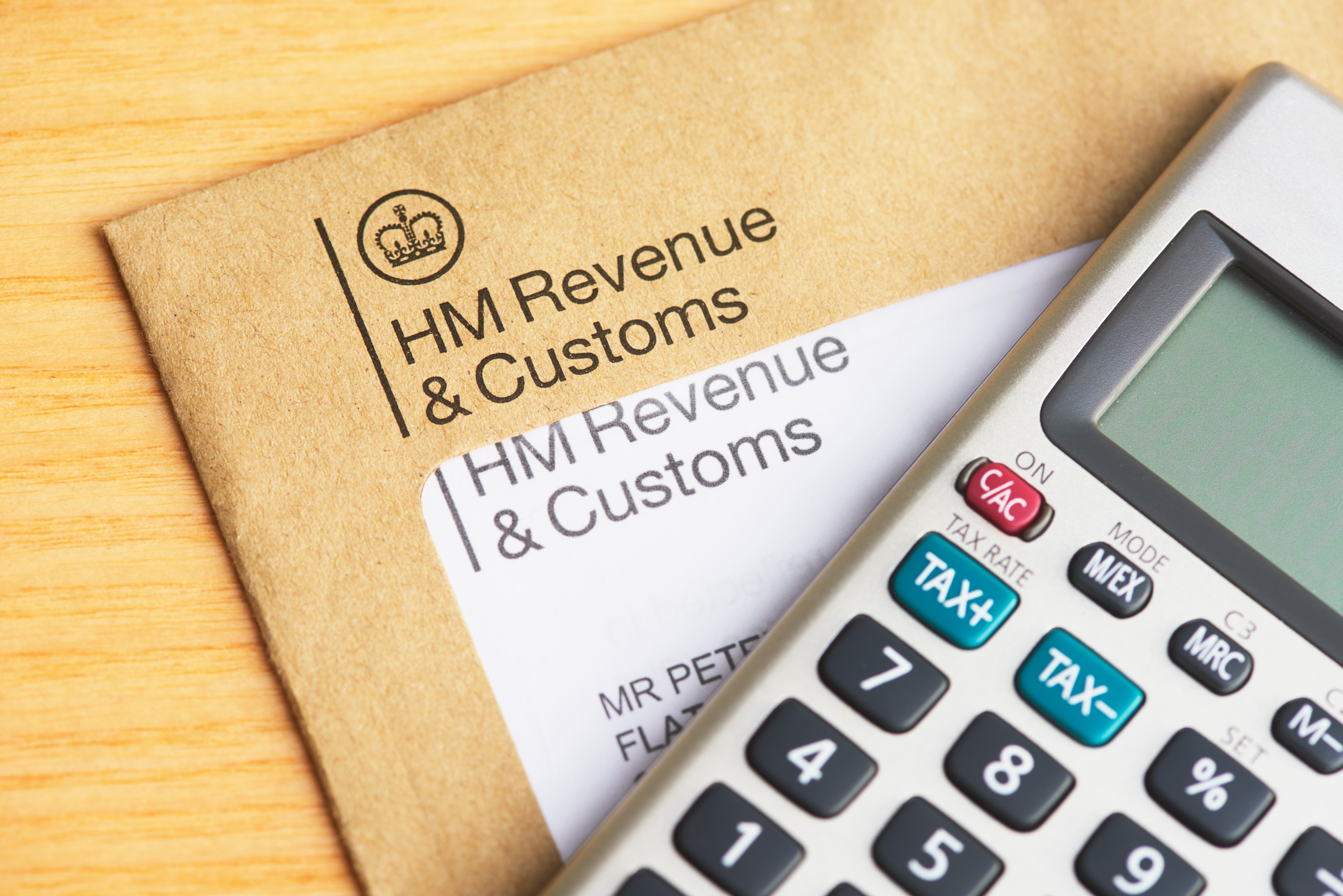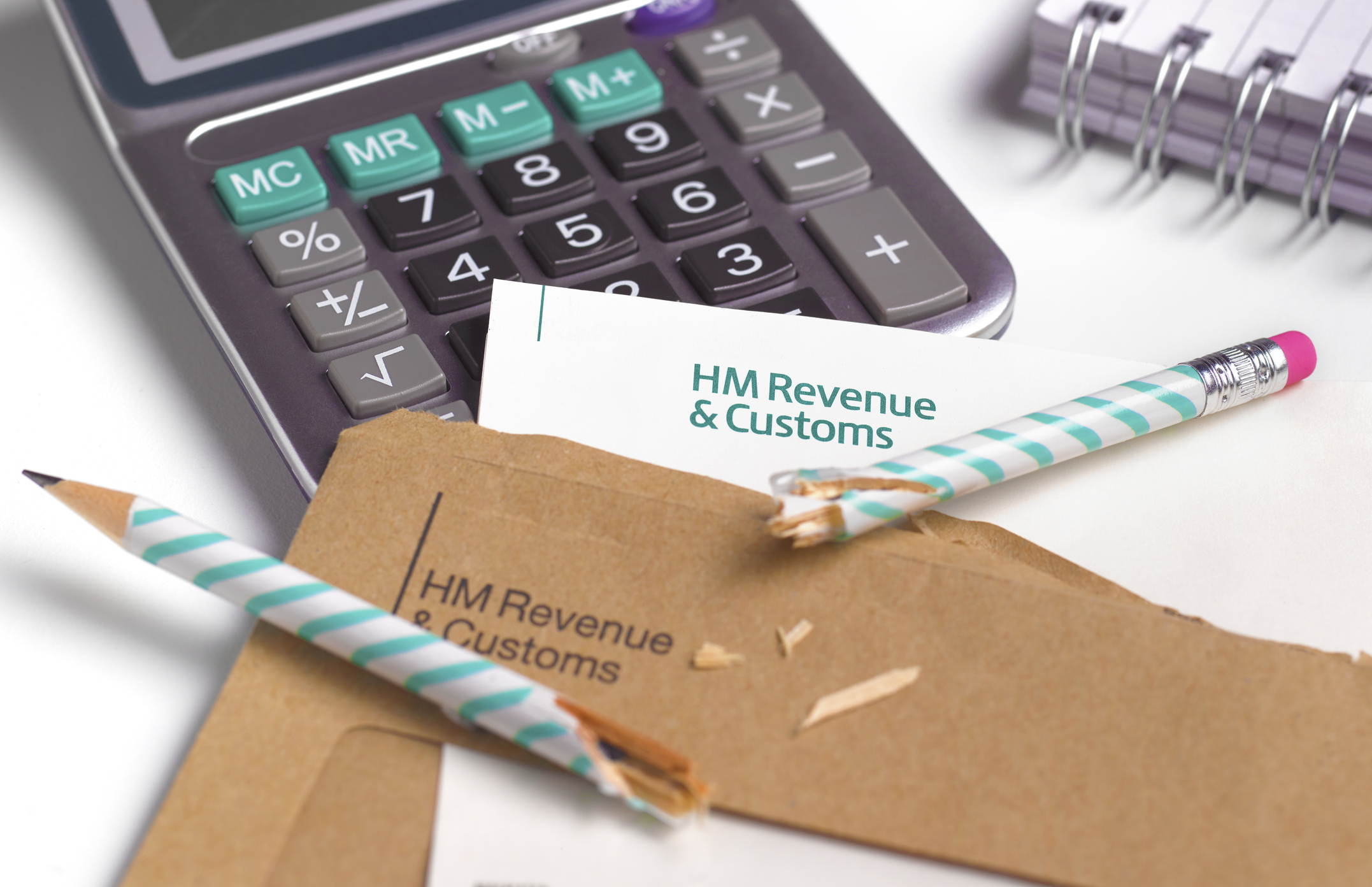Hammond cracks down on overseas pensions transfers
People seeking to move their pensions out of the UK could face punitive tax charges under rules unveiled in last week’s budget, with both Britons living abroad and foreign nationals based in the UK potentially affected

Get the latest financial news, insights and expert analysis from our award-winning MoneyWeek team, to help you understand what really matters when it comes to your finances.
You are now subscribed
Your newsletter sign-up was successful
Want to add more newsletters?

Twice daily
MoneyWeek
Get the latest financial news, insights and expert analysis from our award-winning MoneyWeek team, to help you understand what really matters when it comes to your finances.

Four times a week
Look After My Bills
Sign up to our free money-saving newsletter, filled with the latest news and expert advice to help you find the best tips and deals for managing your bills. Start saving today!
People seeking to move their pensions out of the UK could face punitive tax charges under rules unveiled in last week's budget, with both Britons living abroad and foreign nationals based in the UK potentially affected. New rules on such transfers, which will take effect immediately, will mean savers have to pay a tax charge of 25% on their funds before moving the money, unless the transaction involves only European Economic Area (EEA) countries, or the funds are being moved to a country in which the saver now lives.
The rules are focused on qualifying recognised overseas pension schemes (QROPS). These are pension schemes based in around 40 countries that HMRC recognises as operating under similar rules as those that apply in the UK. While transfers to other overseas pension schemes already attract tax charges, it has been possible to move money into a QROPS tax-free.
However, while there are legitimate reasons for such a transaction a Briton retiring abroad, for example, or a foreign national returning home following a stint working in the UK QROPS have also been associated with aggressive tax avoidance, pension frauds and scams. On this basis, many have welcomed the chancellor's crackdown, but there is also concern that some savers will be unfairly caught out.
MoneyWeek
Subscribe to MoneyWeek today and get your first six magazine issues absolutely FREE

Sign up to Money Morning
Don't miss the latest investment and personal finances news, market analysis, plus money-saving tips with our free twice-daily newsletter
Don't miss the latest investment and personal finances news, market analysis, plus money-saving tips with our free twice-daily newsletter
In particular, the new rules might affect Britons retiring abroad to countries such as the US and Canada, which do not have QROPS set-ups with the UK. People seeking to move pensions there have therefore tended to transfer their money through third-party jurisdictions, such as Malta, Gibraltar and Singapore, where QROPS are available and the local tax rules are benign. Such moves could now fall victim to the new tax charges.
While the Treasury estimates the QROPS measures will raise a relatively modest £65m-£120m a year, the effect could be that savers who don't meet the tighter criteria laid out by the chancellor will now find it difficult to get their money out of the UK. Some will face the choice of leaving their pension fund in the UK and trying to draw it from overseas when they take their retirement benefits, or being forced to take a sizeable hit on a transfer.
Get the latest financial news, insights and expert analysis from our award-winning MoneyWeek team, to help you understand what really matters when it comes to your finances.

David Prosser is a regular MoneyWeek columnist, writing on small business and entrepreneurship, as well as pensions and other forms of tax-efficient savings and investments. David has been a financial journalist for almost 30 years, specialising initially in personal finance, and then in broader business coverage. He has worked for national newspaper groups including The Financial Times, The Guardian and Observer, Express Newspapers and, most recently, The Independent, where he served for more than three years as business editor.
-
 New PM Sanae Takaichi has a mandate and a plan to boost Japan's economy
New PM Sanae Takaichi has a mandate and a plan to boost Japan's economyOpinion Markets applauded new prime minister Sanae Takaichi’s victory – and Japan's economy and stockmarket have further to climb, says Merryn Somerset Webb
-
 Plan 2 student loans: a tax on aspiration?
Plan 2 student loans: a tax on aspiration?The Plan 2 student loan system is not only unfair, but introduces perverse incentives that act as a brake on growth and productivity. Change is overdue, says Simon Wilson
-
 Two million taxpayers to be hit by £100k tax trap by 2026/27
Two million taxpayers to be hit by £100k tax trap by 2026/27Frozen thresholds mean more people than ever are set to pay an effective income tax rate of 60% as their earnings increase beyond £100,000. We look at why, as well as how you can avoid being caught in the trap.
-
 13 tax changes in 2026 – which taxes are going up?
13 tax changes in 2026 – which taxes are going up?As 2026 gets underway, we look at what lies ahead in terms of changes to tax rates and allowances this year and how it will affect you.
-
 How to limit how much of your Christmas bonus goes to the taxman
How to limit how much of your Christmas bonus goes to the taxmanIt's Christmas bonus season but the boosted pay packet may mean much of your hard-earned reward ends up with HMRC instead of in your pocket
-
 Over 1 million pay 45% rate of income tax as fiscal drag bites
Over 1 million pay 45% rate of income tax as fiscal drag bitesHundreds of thousands more people are being pushed into the additional rate tax band by fiscal drag
-
 'I've used my annual ISA allowance. How can I shield my savings from tax?'
'I've used my annual ISA allowance. How can I shield my savings from tax?'As millions face paying tax on savings interest, we explore how to protect your money from the taxman. If you've used up your ISA allowance, we look at the other tax-efficient options.
-
 Simple assessment explained as millions brace for unexpected tax bills
Simple assessment explained as millions brace for unexpected tax billsIncreasing numbers of people could get letters from HMRC saying they owe more tax due to frozen thresholds, under a system known as simple assessment. Here is what it means for you.
-
 What are wealth taxes and would they work in Britain?
What are wealth taxes and would they work in Britain?The Treasury is short of cash and mulling over how it can get its hands on more money to plug the gap. Could wealth taxes do the trick?
-
 When is the self-assessment tax return deadline?
When is the self-assessment tax return deadline?If you are self-employed, rent out a property or earn income from savings or investments, you may need to complete a self-assessment tax return. We run through the deadlines you need to know about